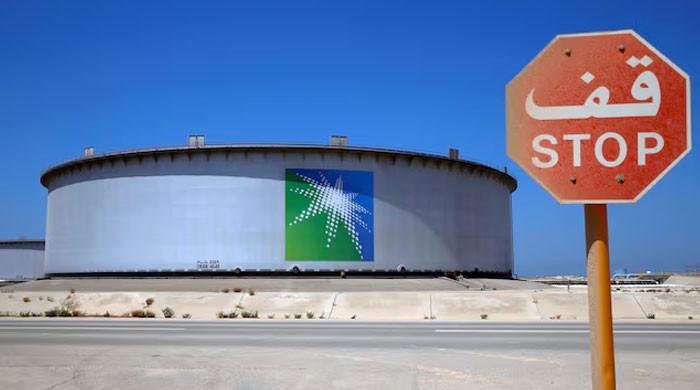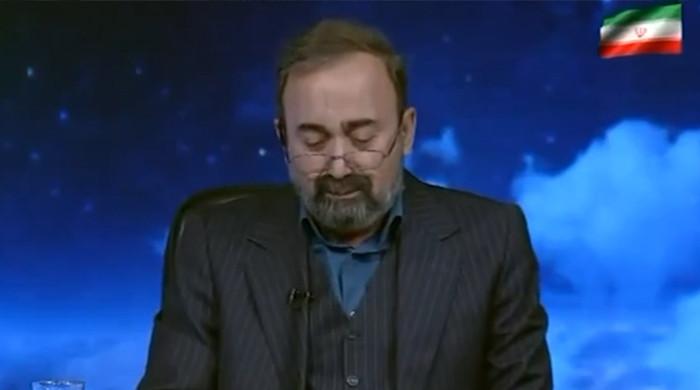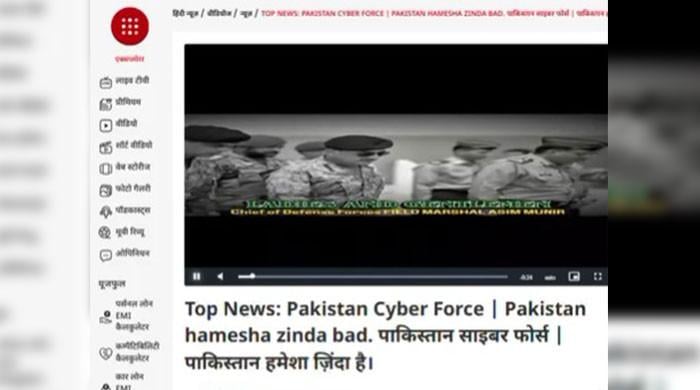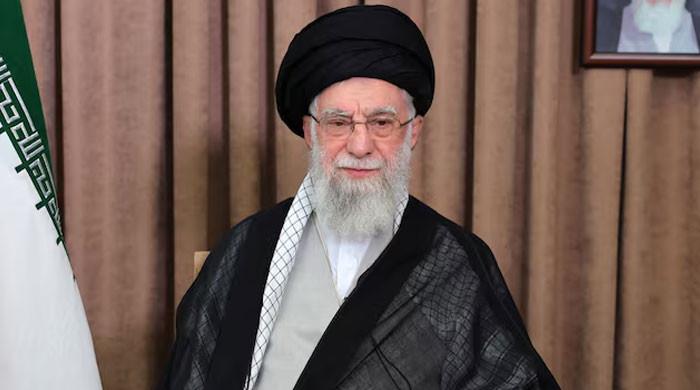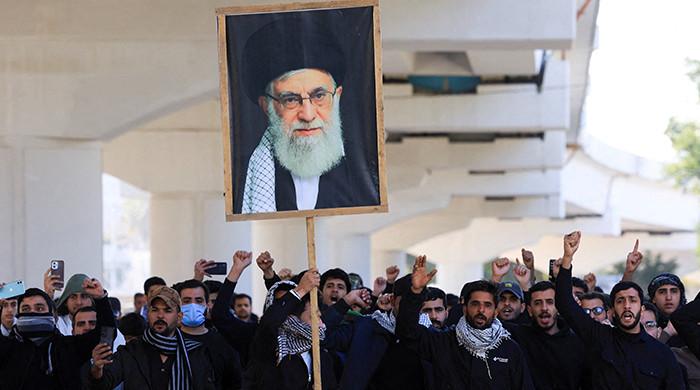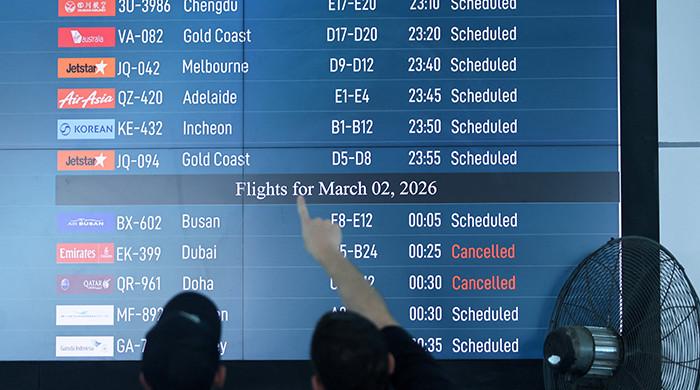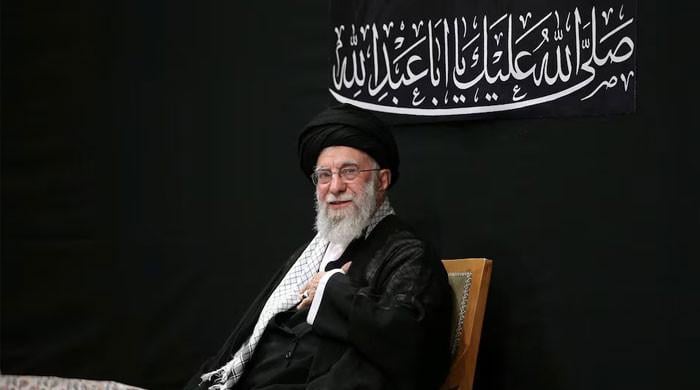Kuwait heads into polls at a crossroads
KUWAIT CITY: Kuwait stands at a crossroads as voters head to the polls on Saturday for a contest being boycotted by the opposition and with little hope of restoring stability, analysts say.Voter...
November 29, 2012
Voter turnout for what will be Kuwait's second polls of the year, and the fifth since mid-2006, is seen as a litmus test for the popularity of the opposition and the government as they lock horns.
Kuwait was seen in neighbouring Gulf states as a beacon of democracy with its vibrant parliament, introduced in 1962, and freedom of speech. But this image has been shattered by non-stop wrangling over the past six years.
"Kuwait stands at a crossroads. The outcome of Saturday's polls will be decisive for the country's future," Shiite election candidate Abdulwahed al-Khalfan said.
"If turnout comes at less than 35-40 percent, it will strengthen the opposition. But if it exceeds 50 percent, as we hope, it will be a major morale booster for the next parliament," Khalfan told.
No significant opposition figure is contesting the legislative polls and accordingly all the 50 seats will be won by pro-government members though Khalfan believes a new form of opposition within parliament will emerge.
The opposition held 36 seats in the scrapped house elected in February.
The election campaign has been lacklustre, with only small crowds showing up for gatherings compared to thousands in previous polls.
The Islamist, nationalist and liberal opposition is confident of a high voter boycott and that this will hasten the demise of the next parliament.
"We are expecting a 70-percent voter boycott. We believe the boycott campaign has been extremely successful," said opposition figure Mohammed al-Dallal, a member of the scrapped 2012 parliament.
"We are optimistic that the next parliament will not last long because it is rejected by wide sections of the people. It has already lost popular and constitutional legitimacy," Dallal said.
The government has countered huge boycott protests with a media blitz over state-run television to convince citizens to vote, while the emir, Sheikh Sabah al-Ahmad Al-Sabah, has also urged Kuwaitis to exercise their democratic right.




